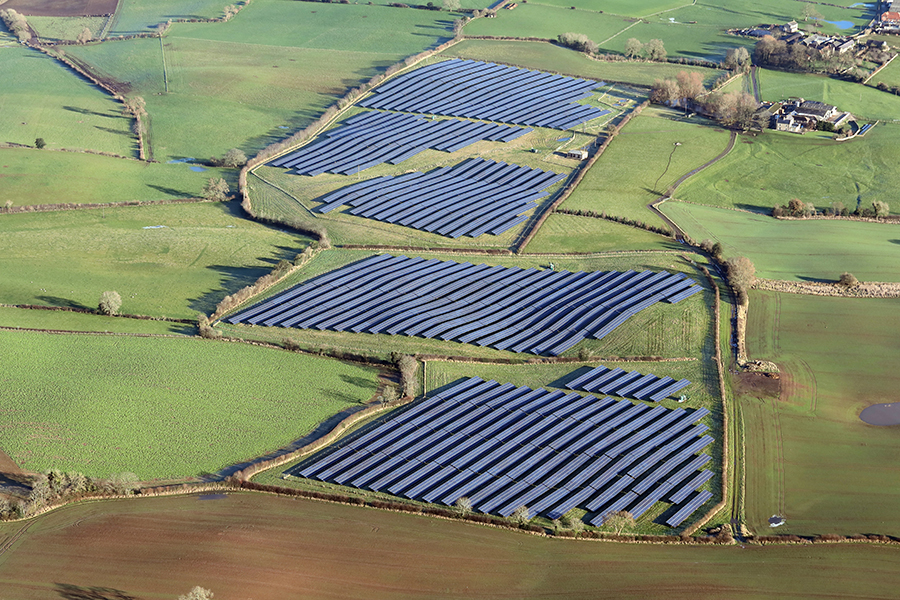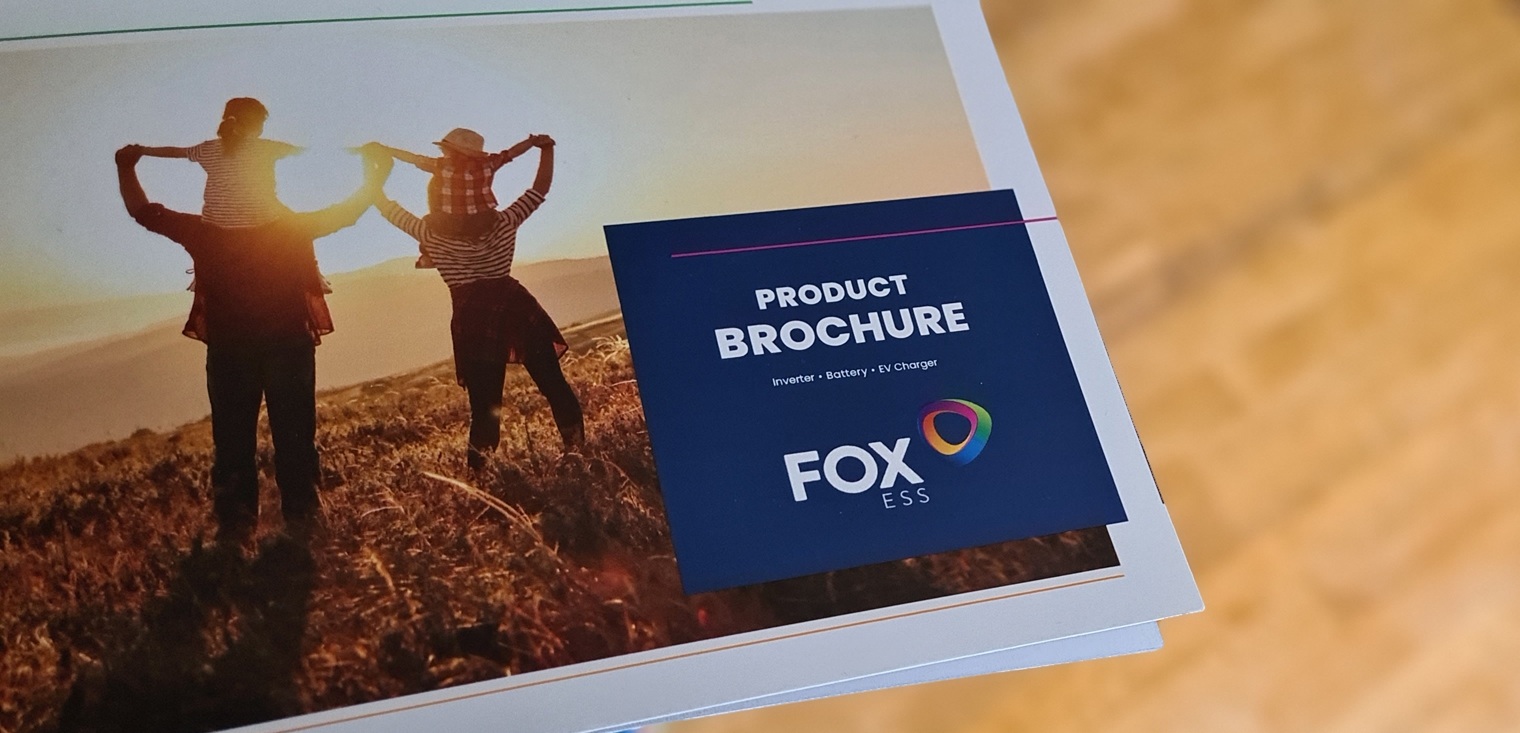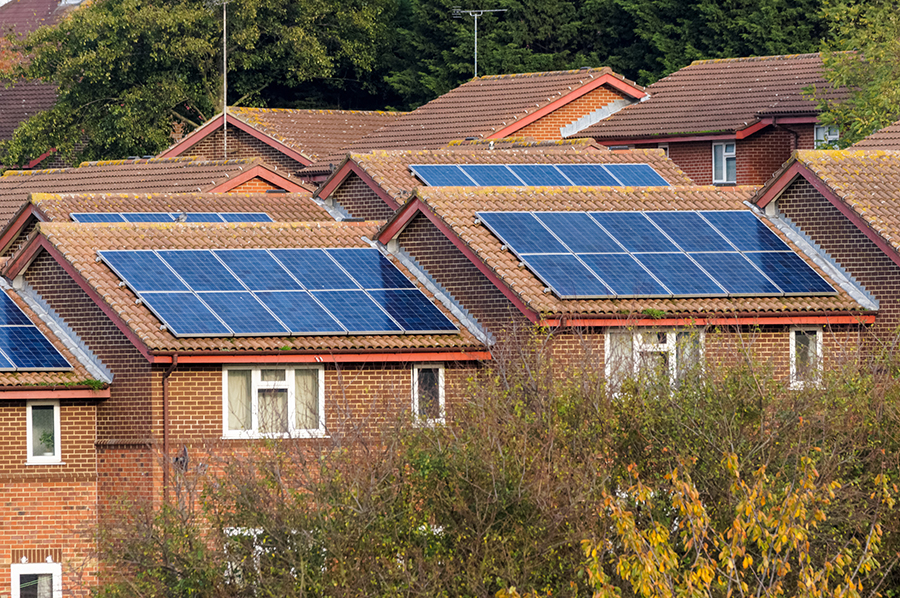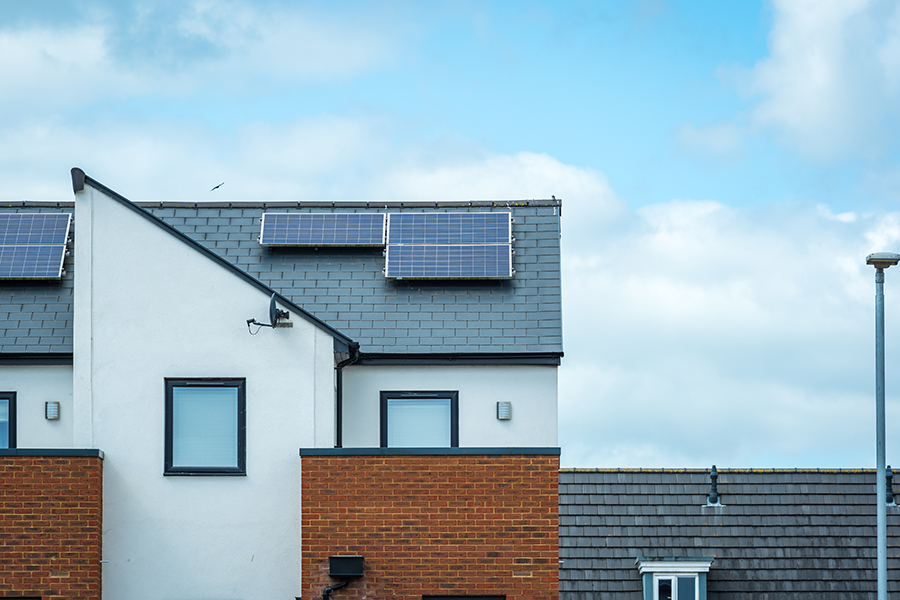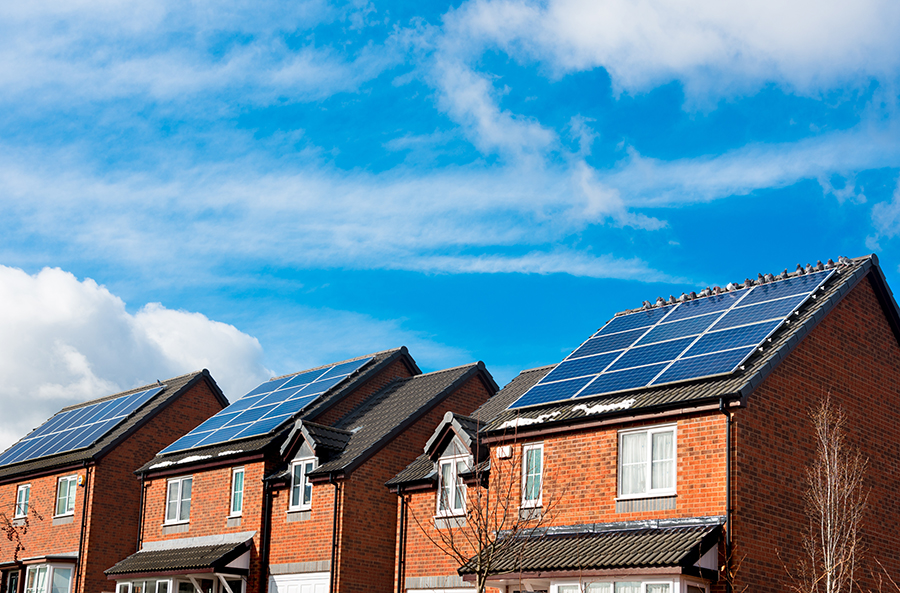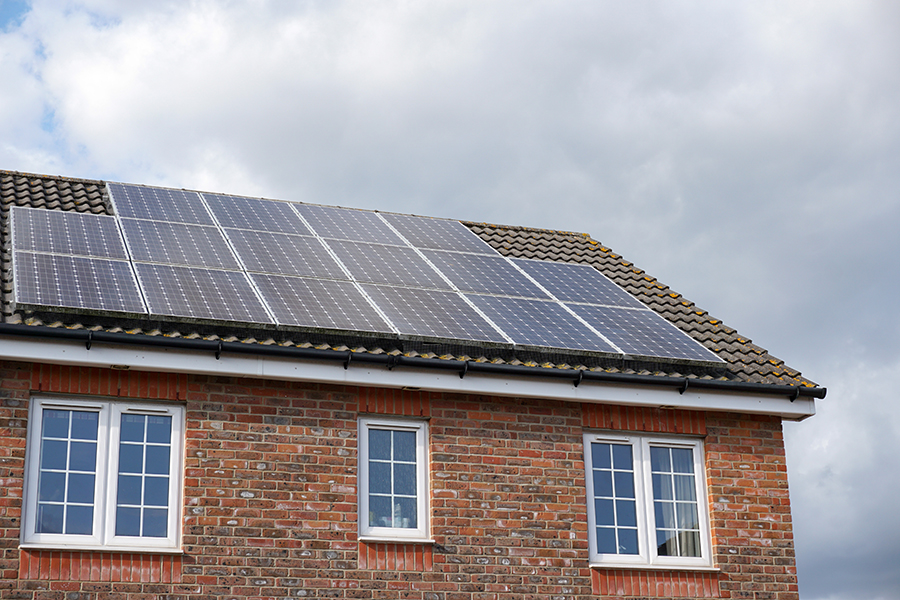It’s hot in the car showroom. The sweat is making your shirt stick to your back.
The sales rep is staring at you, and your spouse is eager to nail this down today.
The pressure’s on.
Do you go with your gut?
Should you go back to that other place?
Make the wrong call and you’ll end up with a money pit and a boatload of regret.
Shopping for solar panels can feel a lot like standing in a car dealership.
You have your sleek, premium options.
You have your reliable workhorses.
And let’s not forget those too-good-to-be-true deals that are going to see you getting really intimate with regret and repairs.
The truth is, just as you wouldn’t buy a car without checking under the hood, you shouldn’t buy solar panels without doing your homework.
So, if you’re shopping for solid, reliable solar panels, here are four things to keep in mind.
Ignore them at your peril.
1. Cost
The cost of solar panels is where many people start.
But just like with cars, the cheapest option often isn’t the wisest choice.
We’ve seen plenty of cheap panels which, like that suspiciously affordable used car, ended up being money pits.
Think about it – a panel that dies after five years is about as useful as a car that breaks down just after you’ve finished paying for it.
Not only have you wasted money, but you’re back to square one. Plus, it’s terrible for the environment.
We have seen an influx in the market of lower-cost, non-brand panels that break after 5 years!
You don’t need a calculator to tell you that that’s a terrible return on your investment.
No matter how low the initial price tag was.
And that’s why starting with the solar panel price is not a good move.
Start out by finding out which solar system is best suited to your home, find a few reputable installers in your area who can deliver that, prioritise quality and check the guarantees.
Then, and only then, should you be comparing cost.
2. Efficiency
Now, let’s talk solar panel efficiency.
And if we’re sticking with the car metaphor, think of this one as your solar panel’s ‘miles to the gallon’.
Just as a gas-guzzler will burn through your money at the pump, an inefficient solar panel will waste tons of precious sunlight.
This means that much less of the sunlight hitting your panels is converted into usable electricity.
Leaving you buying more power from the grid.
Kind of defeats the point, don’t you think?
What you want to be looking at is the efficiency rating of the solar panel. This will tell you the percentage of sunlight the panel converts.
Generally, you’re going to want to buy solar panels with an efficiency of at least 20% or above.
But hang on, this comes with a caveat.
The higher the efficiency, the higher the price tag.
So, if you have lots of roof space, lower-efficiency panels would be more economical. You’ll still be looking at the 20% threshold, but you won’t need to stray much higher than that.
Remember, solar panel efficiency is about maximising our investment return, as opposed to producing the maximum amount of electricity for limited financial gain. If you’re spending more on higher-efficiency panels you don’t need, then that’s still a waste.
3. Quality
All solar panels undergo factory testing under Standard Test Conditions (STC). This means that when it comes to choosing solar panels and quality, you can compare apples to apples.
Let’s look at some key performance parameters for comparison.
Power Degradation Data: All solar panels degrade over time. Power degradation data tells you the rate at which you can expect this to occur.
What this means is that when you’re buying solar panels, you’re going to want to look for panels with low annual degradation rates, ideally less than 0.5% per year.
This is because lower degradation means more energy and savings over the life of the system.
Temperature Coefficients: Solar panels lose efficiency when they heat up over a certain temperature.
Temperature coefficient data will tell you how much power is lost when a panel goes over 25 degrees C.
And now that the UK summer heatwaves are the norm, you want your panels to stay efficient in those lovely summer months.
A lower coefficient, like –0.30%/°C means better performance on hot days.
What’s all this talk of Tier 1 panels?
There are some pushy sales reps out there who will try to tell you how to choose solar panels. Sometimes they’ll boast that their panels are “Tier 1”. Here’s what that really means.
Bloomberg New Energy Finance has developed a ranking system for solar panel manufacturers.
But the ranking indicates a manufacturer’s financial reliability, not solar panel quality.
Bloomberg doesn’t rank a panel’s quality and durability, no matter what that sales rep told you.
Let’s say this loud and clear. The panel itself is not “Tier 1”.
Having said that, a more financially stable manufacturer is a good thing.
It means they will likely still be around if there are any problems in the future.
Just be aware that just because a panel is from a “Tier 1” manufacturer doesn’t automatically mean it is high-quality.
4. Durability
All panels undergo factory stress testing for durability.
Data parameters to look for are mechanical load testing, hail testing, thermal cycling, and humidity and moisture resistance.
This data helps us understand how the panel will hold up in the outside world and in different weather conditions.
But how can we really know how durable a panel is without waiting 25 years to find out?
Well, there’s a clever shortcut. Look at the guarantees….
A manufacturer wouldn’t risk offering long guarantees on panels they don’t trust.
It’s like watching how someone bets rather than listening to what they say.
The better the guarantee, the higher confidence the manufacturer has in their product and the more confident and relaxed you can feel about your purchase.
When you’re buying solar panels, there are two types of guarantees you’ll come across:
Efficiency guarantee – covers the expected power output of the panels over a specified period of time. A typical guarantee might assure 85% of the nominal production after 25 years of use.
Product warranty – covers the actual panels and related equipment in the case of damage or malfunction.
Product warranties typically last around 12 to 15 years.
But some manufacturers offer product guarantees of up to 30 years.
Generally, a longer efficiency guarantee and product warranty indicate a higher quality panel.
But, remember to check the fine print (what voids the guarantee, who carries the burden of proof, is labour included, and so on…)
The Bottom Line
When buying solar panels, it’s essential to do your homework:
- Match the system to your needs
- Prioritise quality and reliability
- Understand the guarantees
- Trust established manufacturers
- Don’t let price be your only guide
Remember, you’ll have these panels longer than your car. So, take your time, ask questions, and choose wisely.
Your future energy bills will thank you.
If you need any help, we’re here.
We got into this business to help people navigate the complexities of going solar.
And we’ve created a free 5-step process that will take you from pinning down the right tech for your home to finding a trustworthy installer, and even maximising your savings after installation.
The whole process takes less than 6 hours, and you’ll come away fully informed and ready to make the right decision for your situation.
And we meant it when you said it’s free. We’ll never charge you a penny.
We can do this because once an installer has been through our tough vetting process, they pay a fee to be included on our list.
This means we get to help as many people as possible, and only the best installers make it through.
To get started, we just need a few details about your home and energy use, and we’ll send you a report outlining the exact tech you need.
And you can skip weeks of research, pushy sales reps, and conversations with cowboy installers.

